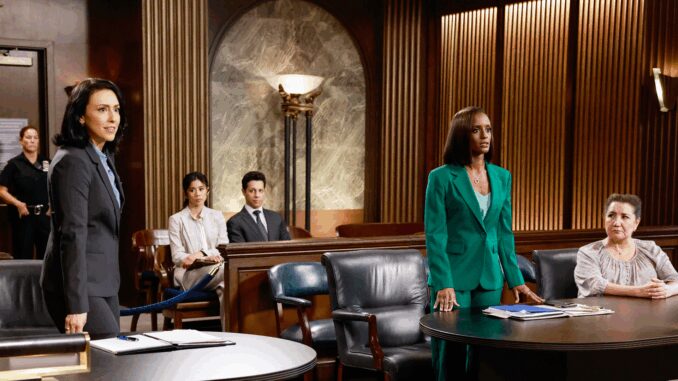
The Enduring Allure of Justice: Memorable Cases from the Original Matlock
The courtroom drama, a genre steeped in legal complexities and dramatic revelations, holds a unique power over our imaginations. Among the titans of television law, Ben Matlock, the rumpled, folksy attorney played with endearing brilliance by Andy Griffith, stands apart. The original Matlock series, running from 1986 to 1992, offered more than just legal theatrics; it presented a comforting, almost homespun vision of justice, wrapped in the familiar quirks of its protagonist. While many cases came and went across its run, certain episodes stand out, not just for their convoluted plots, but for the core values and memorable characters they championed. These cases resonate even today, illustrating the enduring appeal of a justice system that, while flawed, is driven by a relentless pursuit of truth.
One such case, and one that perfectly encapsulates Matlock's unique approach, is "The Don: Part 1 & 2." This two-parter pitted Matlock against a powerful Mafia boss, a formidable adversary both legally and physically. The plot itself was intricate, involving murder, double-crosses, and the ever-present threat of violence. However, what made this case memorable was not just the suspense, but Matlock's unwavering moral compass. He refused to be intimidated, not by the Don's wealth or influence, but by his inherent belief in the justice system. He methodically dismantled the prosecution's case, not with flamboyant theatrics, but with painstaking investigation and a keen understanding of human nature. We saw Matlock navigate a world far removed from his humble beginnings, yet he never compromised his integrity, proving that even against the darkest forces, truth can prevail.
Another standout case is "The Informer." This episode delved into the ethical dilemmas faced by journalists, exploring the complexities of protecting sources versus revealing information that could prevent further harm. Matlock defended a reporter accused of obstructing justice for refusing to divulge his source, who possessed crucial information about a serial killer. The case forced viewers to grapple with weighty questions about freedom of the press and the responsibility that comes with it. What made this episode so impactful was its exploration of moral gray areas. There was no easy answer, and Matlock, instead of providing a simplistic solution, skillfully navigated the legal complexities while allowing the audience to contemplate the ethical considerations. It highlighted the human cost of justice, reminding us that the law is not always black and white.
Furthermore, "The Professor" is a memorable example of Matlock's ability to see beyond the surface. When a respected college professor is accused of murdering a student, the initial evidence seems overwhelming. However, Matlock, with his inherent skepticism and keen eye for detail, refuses to accept the obvious. He meticulously examines the evidence, interviews witnesses, and slowly uncovers a web of deceit and hidden motivations. The strength of this case lies in its portrayal of prejudice and the dangers of jumping to conclusions. Matlock champions the underdog, refusing to believe the worst about someone simply because of circumstantial evidence. It reinforces the importance of due process and the presumption of innocence, reminding us that everyone, regardless of their perceived guilt, deserves a fair trial.
These cases, and many others from the original Matlock series, offer more than just legal puzzles to be solved. They provide a glimpse into the human condition, exploring themes of justice, morality, and the relentless pursuit of truth. Matlock, with his folksy charm and unwavering commitment to his clients, became a symbol of hope in a world often characterized by cynicism and corruption. He reminded us that even in the face of overwhelming odds, the pursuit of justice is a noble endeavor, and that sometimes, all it takes is a rumpled suit, a folksy demeanor, and a relentless belief in the power of truth to prevail. The enduring appeal of these memorable cases lies in their ability to resonate with our own yearning for a just and equitable world, a world where even the most unlikely hero can champion the cause of right.
